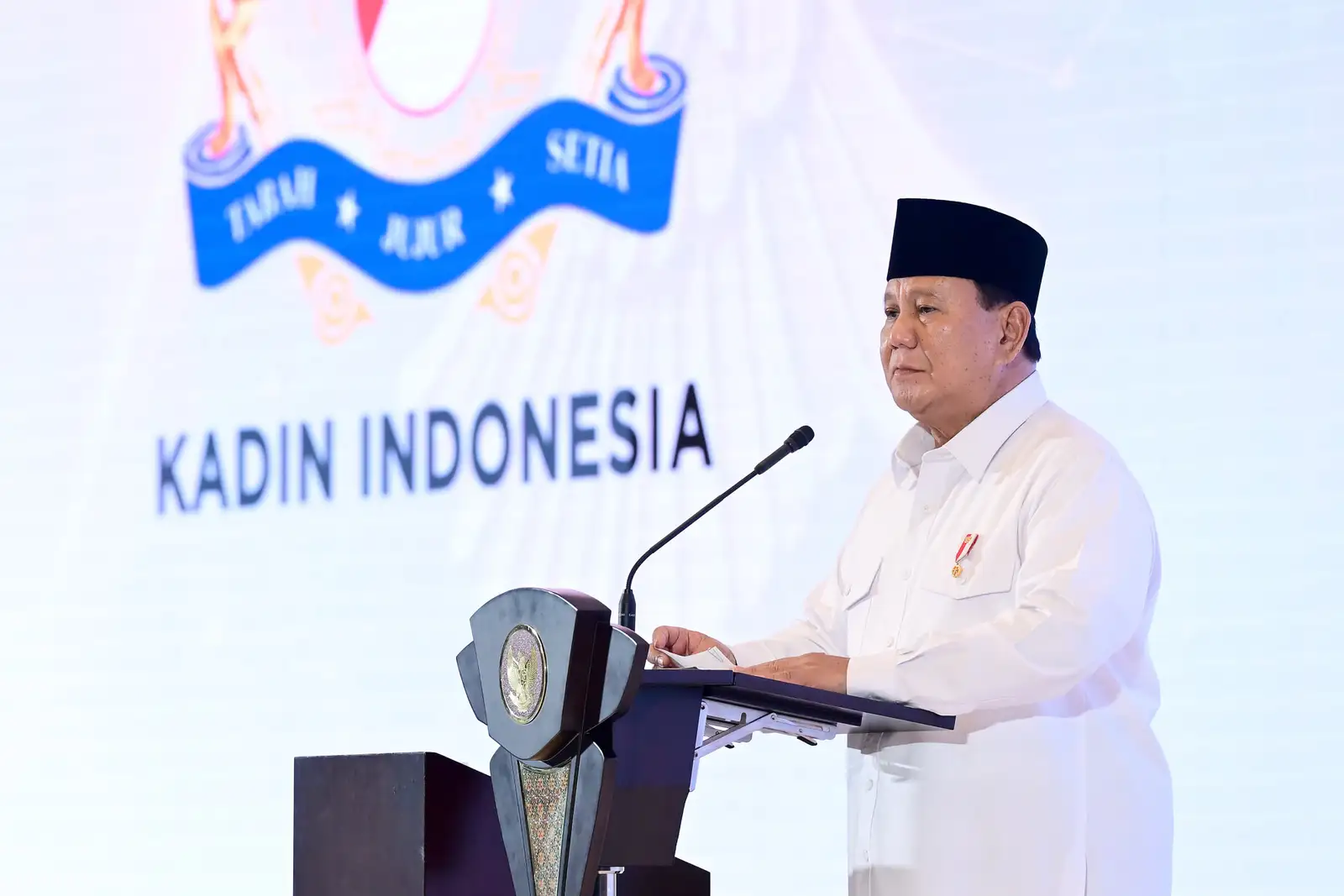Indonesia’s Bold Vision for Comprehensive Green Energy Transformation
President Prabowo Subianto has outlined an ambitious vision to transition Indonesia into a leader in renewable energy. During the National Conference on the Consolidation of the Indonesian Chamber of Commerce and Industry (Kadin) in Jakarta on January 16, 2025, Prabowo expressed confidence that Indonesia will achieve a fully integrated green energy system. This plan aligns with the government’s long-standing goals of achieving self-sufficiency in both food and energy.
Prabowo underscored the progress made in food self-sufficiency, citing significant milestones achieved earlier than anticipated. “We initially aimed to achieve food independence in four years, but we surprised ourselves by reaching it sooner,” Prabowo said. Similarly, he emphasized the government's commitment to achieving energy independence through a comprehensive green energy strategy.
The President aims to ensure that Indonesia does not just adopt renewable energy halfway but embraces it entirely and sustainably. "We will own renewable energy that is complete and substantial," he declared during his address. This commitment highlights the government’s resolve to integrate various renewable energy sources, including geothermal, solar, wind, and bioenergy, to support its green energy goals.
Why Green Energy Matters for Indonesia
Indonesia, with its abundant natural resources, is uniquely positioned to lead in renewable energy development. The nation boasts some of the world's largest reserves of geothermal energy, alongside significant potential for solar and hydropower generation. Transitioning to green energy will not only help mitigate climate change but also reduce reliance on imported fossil fuels, fostering greater energy security.
Prabowo’s plan to create a fully renewable energy ecosystem involves collaboration with both local and international stakeholders. The government has been actively promoting investments in renewable energy infrastructure while easing local content requirements to attract foreign investors. Such initiatives are expected to accelerate the development of renewable energy projects across the country.
Challenges Ahead
Despite the optimism, achieving a full-scale green energy transformation will not come without challenges. Indonesia currently depends heavily on coal for its electricity supply, with coal-fired plants contributing significantly to the nation's energy mix. Transitioning from this reliance will require massive investments, estimated in billions of dollars, alongside a robust regulatory framework to support renewable energy projects.
The government has already made strides in this area. For example, it has partnered with international organizations like the Asian Development Bank (ADB) to develop geothermal projects and other renewable energy initiatives. Moreover, Indonesia has set ambitious targets to increase the renewable energy mix to 23% by 2025, paving the way for a cleaner energy future.
A Green Future for Indonesia
Prabowo’s vision for a fully renewable energy-powered Indonesia is not just a lofty goal but a critical step towards sustainable development. By harnessing its abundant natural resources and fostering collaboration between public and private sectors, Indonesia is well-positioned to lead the global transition to green energy.
As the nation moves forward, continuous support from stakeholders and the international community will be crucial in overcoming the challenges ahead. Prabowo’s leadership and commitment to green energy provide a solid foundation for achieving these goals, ensuring a sustainable and energy-independent future for Indonesia.
Read More






 Monday, 23-02-26
Monday, 23-02-26







